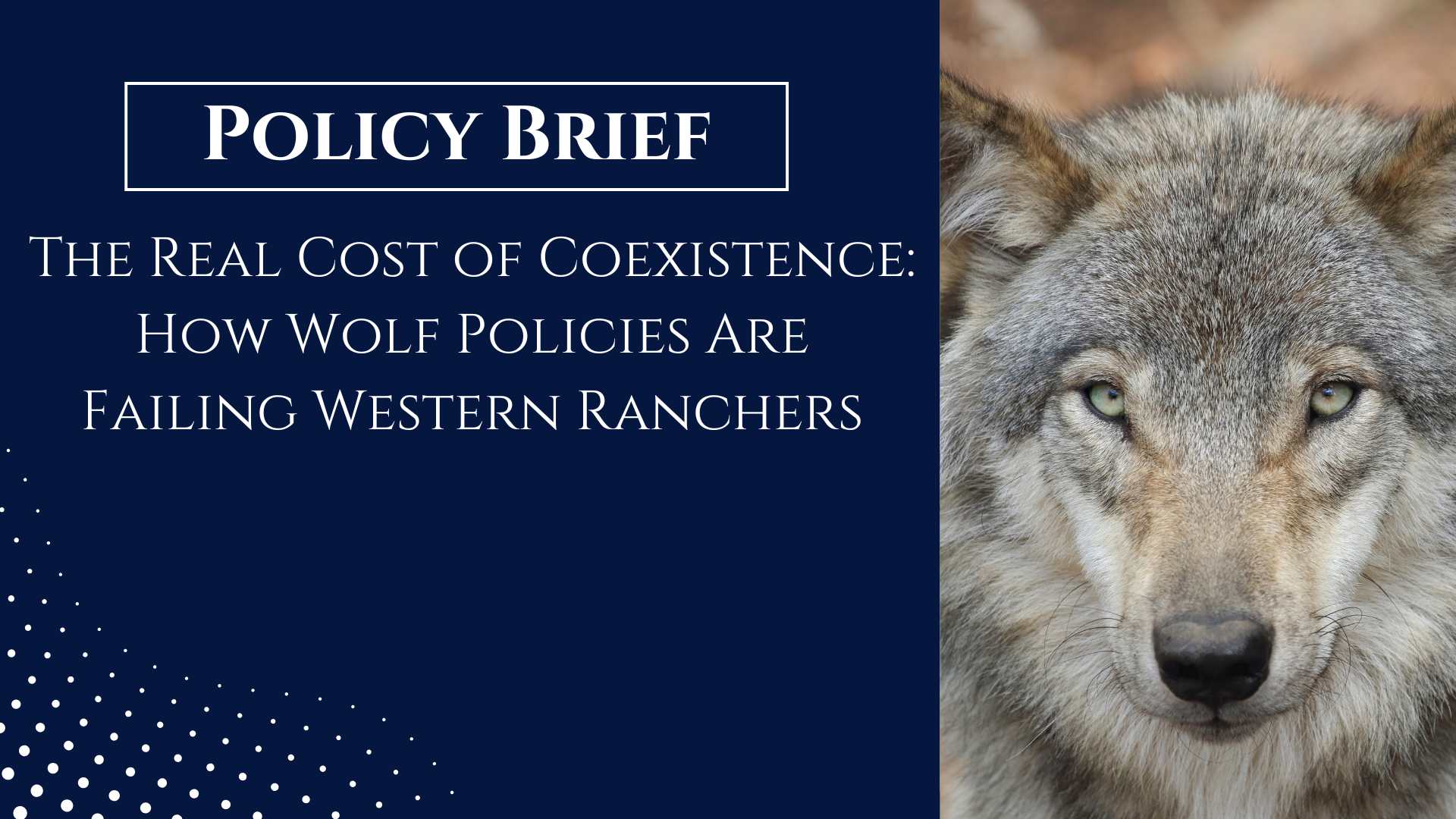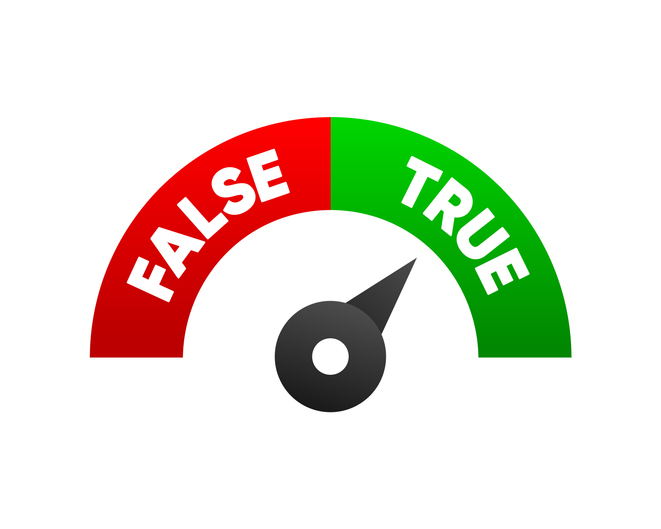By virtually all key metrics, Washington’s environmental policies are failing. And yet, when was the last time politicians, environmental activists, or the media expressed concern about these policy failures?
Speeches and news stories are filled with demands that we save the planet, describing serious threats to salmon, orca, forests, and the climate. And yet, there is a remarkable lack of curiosity when real-world efforts fail to address those problems. What explains this chasm between the proclaimed passion for the environment and the failure to demand policy actually improve environmental outcomes?
One common thread is that environmental policy generally, and climate policy in particular, is simplistically characterized as a debate between two contrary environmental identities – those who care about the planet and those who care about economic prosperity.
In the absence of accountability to the facts, public policy is driven by these identities, with politicians, reporters and activists carefully aligning with their side. Rather than conveying information, news stories and political messaging are designed to signal who is good and who is bad, framing, adding and leaving out information to conform to their selected identity.
Treating facts as tools for political signaling is not only fundamentally dishonest but is bad for the environment. A failure to honestly address real-world data allows the state to go farther down a failed path, rewarding the politicization of environmental policy that is increasingly anti-science and counterproductive.
The coverage and rhetoric surrounding the state’s new climate policies is rich with examples of how reporting of facts is filtered by climate identity.
For example, a recent Seattle Times article mentioned the new tax on CO2 emissions is increasing gas prices. “The cost has been estimated,” the reporter wrote, “by the Oil Price Information Service, industry officials and one economist to be about 50 cents per gallon of regular gas.” The implication is that the cost estimate comes from the oil industry and one, unnamed economist of unknown trustworthiness.
That characterization is wrong on all accounts. In fact, virtually all energy economists agree about the price impact and use a standard formula to estimate the impact of CO2 taxes on gas prices. The State of California and many others agree on how to calculate the price impact. Writing “one economist” makes it sound like he is an outlier.
The reporter knows, in fact, that the “one” economist isn’t an outlier. The unnamed economist is Severin Borenstein, one of the leading energy economists in the country from the University of California at Berkeley. As his lengthy resume notes, “he served on the Emissions Market Assessment Committee, which advised the California Air Resources Board on the operation of California’s Cap and Trade market for greenhouse gases.” He quite literally helped design the climate policy that Washington now emulates. To read The Seattle Times, he is just “one economist.”
When the context of the story is a clash between two climate identities – climate activists and oil companies – the fact that a leading climate economist (and advocate for tough climate policies) agrees with oil companies (and virtually everyone else) upsets the apple cart.
Some argue that dishonesty has been a key part of selling some climate policies. Seattle Times columnist Danny Westneat argued that if Governor Inslee and others hadn’t engaged in “strategic misrepresentation” – i.e. lying – Washington wouldn’t have the tax on CO2 emissions.
The result of all these rhetorical games is that people come to see public policy as a game, believing all political rhetoric is empty. In that circumstance, why would anyone work on building policy consensus? Why would anyone engage honestly knowing that they can just later break their promises, as occurred with the “grand bargain” to pass the state’s low-carbon fuel standard? The same people who offered and supported a deal to get the law passed then celebrated when the deal they claimed to support was later broken.
The cumulative impact of treating environmental policy as an identity issue is that demonstrable facts are infused with politics. If you mention that CO2 does, in fact, trap heat and contributes to increasing temperatures, you are obviously a Greta Thunberg-loving climate alarmist. Mentioning that the purpose of taxes on CO2 emissions is to create economic pain by raising the price of gas demonstrates that you are on the side of the polluters and “big oil” (even though BP lobbied hard for Washington’s tax on CO2 emissions).
To reporters, activists, and politicians, facts (which sometimes are not facts) are not treated as guides to effective policy but as signals about what political side you are on.
People frequently ask me why conservatives won’t engage on climate policy. Why should they when the people who claim to care about the environment are brazenly dishonest and do nothing when their own policies fail on an issue they claim is an “existential crisis”? When facts are signals – and not facts – saying that CO2 is worth addressing gets conservative politicians branded as apostates with no gains toward compromise as long as they continue to express concern about the cost of climate policies, which brands them by the left as allies of “big oil.”
The lack of accountability and rationalizations by activists, the media, and others, give politicians and activists the permission they need to continue failing and then lying to cover up that failure. Coverage in a newspaper or on TV is something they can point to and provides the shot of courage they need to continue feeling righteous even as their policies fail and they lie to cover up that failure.
It is not tenable to demand that conservatives take a political risk to address climate change and risk being stabbed in the back by political opponents when the very public voices who say that don’t have the courage to admit the pattern of dishonesty from their own side.
As long as the public narrative of climate and environmental policy is contextualized and measured as a battle of identities, there are strong incentives to treat the planet as a political weapon rather than something to be stewarded. If we truly value environmental improvement, we need to shift the measure of value from identity enhancement to effective results.
Given the history, it is unlikely that the range of public voices will make that switch. The best hope for truly sustainable and effective environmental policy is to put more power in the hands of people. Until we do that, our environmental policy will continue to fail.






